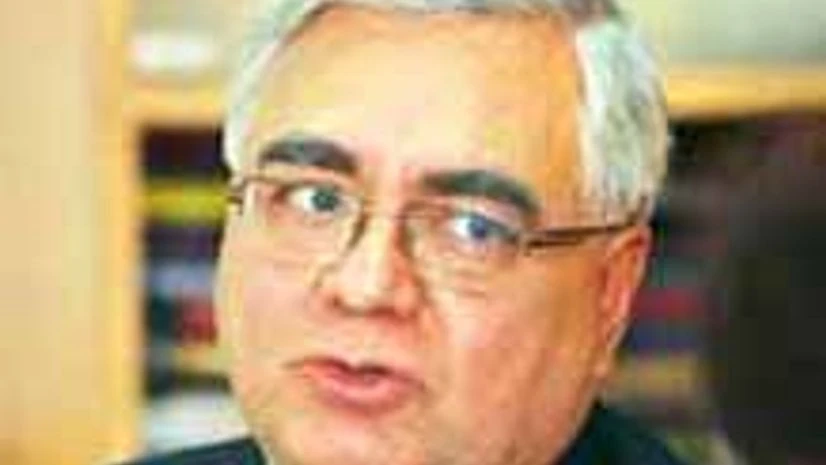Parthasarathi Shome, one of the principal brains behind the Goods and Services Tax (GST), on Monday said the rollout of the new indirect tax regime was now a call politicians would have to take.
“All the technical work is almost done and the concerns of various states have been taken on board,” Shome, advisor to Finance Minister P Chidambaram, told Bloomberg TV.
When asked if GST’s implementation would take two to three years, he replied: “I would be disappointed if that happens.”
More From This Section
The Cabinet had deferred the DTC in August, presumably because a proposal to levy a super-rich tax on those earning above Rs 10 crore a year did not find favour with a section in the government.
The proposed indirect tax management, too, has its share of obstacles. The Centre and states were yet to agree on the provisions of the GST Constitution amendment Bill, aimed at providing enabling provisions for the tax reform. Last month, states refused to include petroleum and alcohol under the ambit of the GST, as suggested by the Centre, and turned down a proposal to subsume entry tax under it.
States were worried that the provisions would dent their revenue collections. Some states had suggested that the Centre not push the tax regime now, in the wake of the 2014 general elections, but let the new government take a call.
A decision would be taken in the next meeting of the Empowered Committee (EC) of State Finance Ministers in Meghalaya this month. The finance ministry was hopeful of tabling the Bill in the winter session of Parliament, after the indirect tax proposal had missed several deadlines due to differences between states and the Centre.
On the US Federal Reserve’s plan to reduce the bond buying programme, called the Quantitative Easing (QE), Shome said: India might not be completely ready for a tapering. However, he said, India was not as exposed to international competition as China. “We are nestled in comfort in this regard.”
The advisor to the finance minister said containing the fiscal deficit at 4.8 per cent of gross domestic product (GDP) in the current financial year was sacrosanct and achievable. “If the GDP numbers are good and the fiscal deficit is not too high, then we will be able to contain the fiscal deficit (to 4.8 per cent),” said Shome.
Tax collections were good as the depreciating rupee helped on the Custom front, he added.

)
